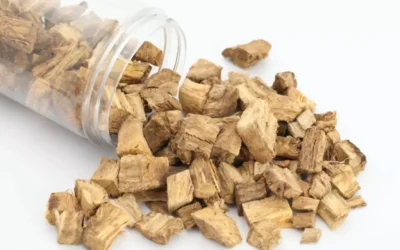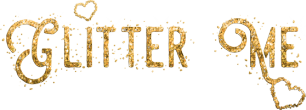Content
When you drink, sip slowly and take a break of 30 minutes or one hour between drinks. Or drink soda, water, or juice between alcoholic drinks. Drinking on an empty stomach is never a good idea, so make sure you eat food when you drink. His situation was desperate, but a thought kept nagging him.
- Contact us now to find a treatment that is best for you.
- She had hallucinations, paced her bedroom endlessly, and found herself talking to saints and dead scholars.
- But Dr Jaury, who led the study, says that the idea of such a cure prompted a swift reaction from those with a vested interested in seeing it fail.
- The Last Glass, the account of his miraculous recovery, came out 2008.
Most people with alcohol problems do not decide to make a big change out of the blue or transform their drinking habits overnight. In the early stages of change, denial is a huge obstacle. Even after admitting you have a drinking problem, you may make excuses and drag your feet. It’s important to acknowledge your ambivalence about stopping drinking. If you’re not sure if you’re ready to change or you’re struggling with the decision, it can help to think about the costs and benefits of each choice. Are you ready to quit drinking or cut down to healthier levels?
What Percentage of Alcoholics Recover?
No matter how hopeless alcohol use disorder may seem, treatment can help. If you think you might have a problem with alcohol, call SAMHSA or talk to your healthcare provider. They can help you cope, make a treatment plan, prescribe medications and refer you to support programs. Three medications are currently approved in the United States to help people stop or reduce their drinking and prevent relapse. They are prescribed by a primary care physician or other health professional and may be used alone or in combination with counseling.
As you seek help for alcohol addiction, it’s also important to get treatment for any other psychological issues you’re experiencing. Your best chance of recovery is by getting combined mental health and addiction treatment from the same treatment provider or team. Just as some people with diabetes or asthma may have flare-ups of their disease, a relapse to drinking can be seen as a temporary setback to full recovery and not a complete failure. Seeking professional help can prevent relapse—behavioral therapies can help people develop skills to avoid and overcome triggers, such as stress, that might lead to drinking. Most people benefit from regular checkups with a treatment provider.
Top doctors in ,
For many, continued follow up with a treatment provider is critical to overcoming problem drinking. By classifying alcoholism as a chronic disease, it means that alcoholism is viewed as a progressive, long-lasting illness where there can alcoholism be cured is no cure. No cure, however, does not mean there is no hope for long-term recovery. Like other chronic diseases, such as diabetes or heart disease, alcoholism and its symptoms can be successfully managed with proper treatment.
If you’re a long-term, heavy drinker, you may need medically supervised detoxification. Detox can be done on an outpatient basis or in a hospital or alcohol treatment facility, where you may be prescribed medication to prevent medical complications and relieve withdrawal symptoms. Talk to your doctor or an addiction specialist to learn more. Recovering from alcohol addiction or heavy drinking is not a quick and easy process. In general, the longer and more intense the alcohol use, the longer and more intense the treatment you’ll need.
Is alcohol use disorder a disease?
Write your drinking goal down and keep it where you will frequently see it, such as on your phone or taped to your refrigerator. Distance yourself from people who don’t support your efforts to stop drinking or respect the limits you’ve set. This may mean giving up certain friends and social connections. Do you want to stop drinking altogether or just cut back? If your goal is to reduce your drinking, decide which days you will drink alcohol and how many drinks you will allow yourself per day.

